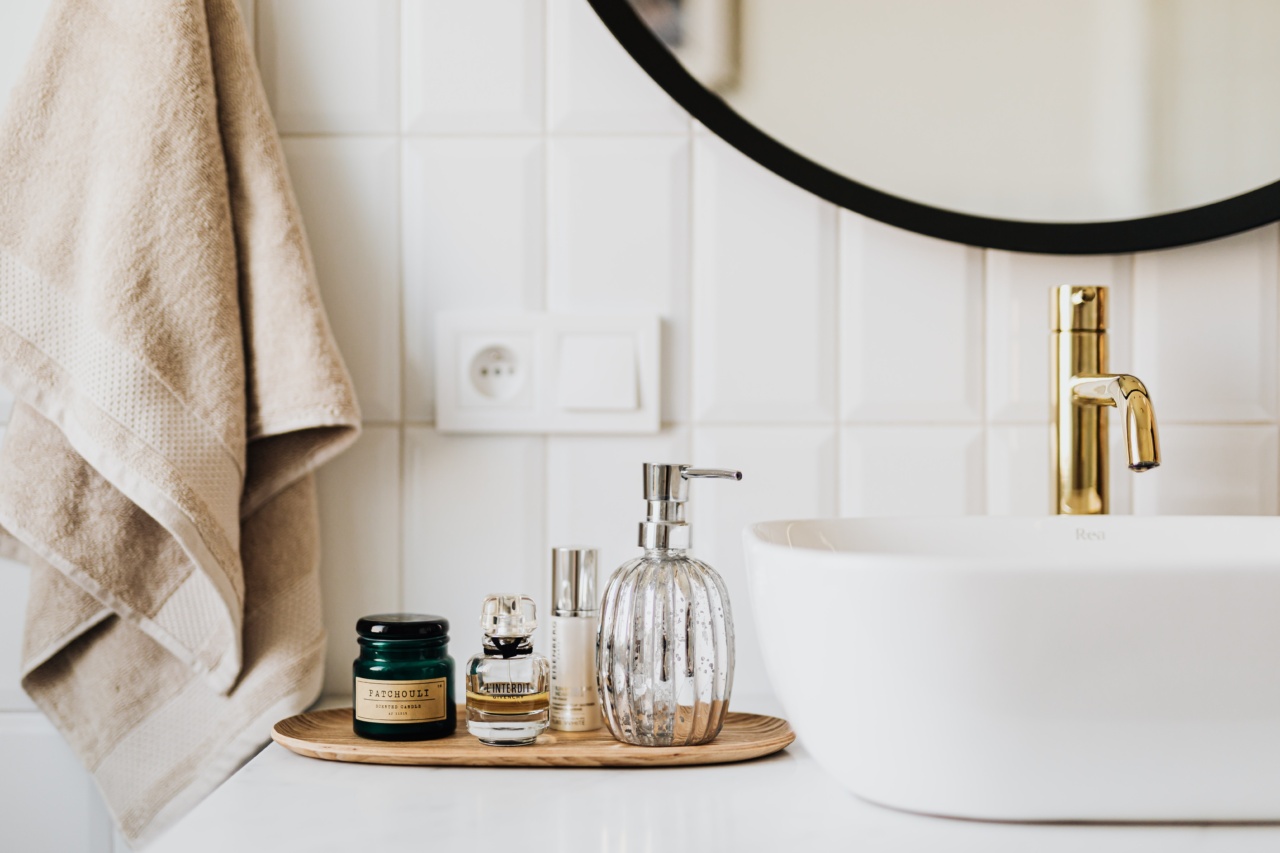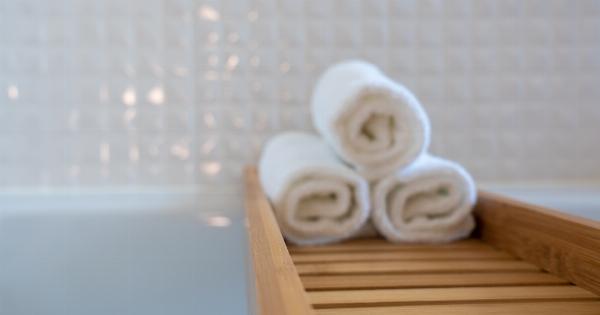When it comes to bathroom towels, there’s often a lot of confusion about how frequently they should be washed. Some people prefer to wash their towels after every use, while others may go weeks before throwing them in the laundry.
So, what’s the right answer? How often do you really need to wash your bathroom towels?.
The importance of washing bathroom towels
Before we dive into the recommended frequency of washing towels, it’s important to understand why it’s necessary in the first place.
Towels are in constant contact with our bodies, and they absorb moisture, bacteria, dead skin cells, oils, and other impurities. If not washed regularly, these items can buildup on the towels, leading to potential health risks.
Furthermore, damp towels provide a perfect breeding ground for bacteria and mildew. This can result in bad odors, skin irritations, and even infections. So, it’s crucial to establish a regular towel cleaning routine to maintain optimal hygiene.
Factors to consider
Several factors come into play when determining how often you should wash your bathroom towels. Here are a few key considerations:.
Usage frequency
One of the main factors to consider is how often your towels are being used. If you have a large household where towels are used by multiple family members every day, it is wise to wash them more frequently compared to a single person living alone.
Towel type
The type of towels you have also plays a role in determining their washing frequency.
Bath towels, which are used directly after taking a shower or bath, come into more contact with your body and require more regular washing compared to hand towels or decorative towels that are less likely to absorb moisture.
Personal hygiene habits
Personal hygiene habits can differ from person to person. Some individuals may shower multiple times a day, while others may prefer to shower once every other day.
Taking into account these habits and the frequency of towel usage is important when deciding how often to wash them.
Environmental factors
The environment where your towels are stored can also influence their cleanliness.
If your bathroom is prone to high humidity or lacks proper ventilation, this can lead to towels staying damp for longer periods, increasing the risk of bacterial growth and unpleasant odors. In such cases, more frequent washing may be necessary.
Recommended washing frequency
Considering these factors, it is generally recommended to wash bathroom towels every three to four uses. This frequency strikes a balance between maintaining good hygiene and extending the lifespan of your towels. Here are a few tips to keep in mind:.
Hang dry your towels
After each use, make sure to hang your towels in a well-ventilated area to dry properly. This helps prevent the growth of bacteria and mildew.
Use separate towels
Sharing towels with other family members or housemates can increase the potential for bacteria transfer. It’s best to designate separate towels for each individual to maintain better hygiene.
Wash towels separately
When washing your towels, it’s ideal to wash them separately from other clothing items. This helps to avoid cross-contamination and ensures the towels receive proper cleaning.
Use hot water and detergent
To kill bacteria effectively, wash your towels in hot water (according to the care instructions) and use an appropriate detergent. Hot water is more effective in removing dirt and bacteria compared to cold water.
Replace worn-out towels
Even with proper care, towels wear out over time. If you notice fraying edges, holes, or a persistent musty smell that doesn’t go away after washing, it’s time to replace them.
Conclusion
Regularly washing your bathroom towels is essential for maintaining good hygiene and preventing the buildup of bacteria, mildew, and odors.
While the exact frequency may vary depending on individual factors like usage, towel type, and personal hygiene habits, a general guideline is to wash your towels every three to four uses. By following proper towel care practices, you can ensure clean and fresh towels for a longer period.



























